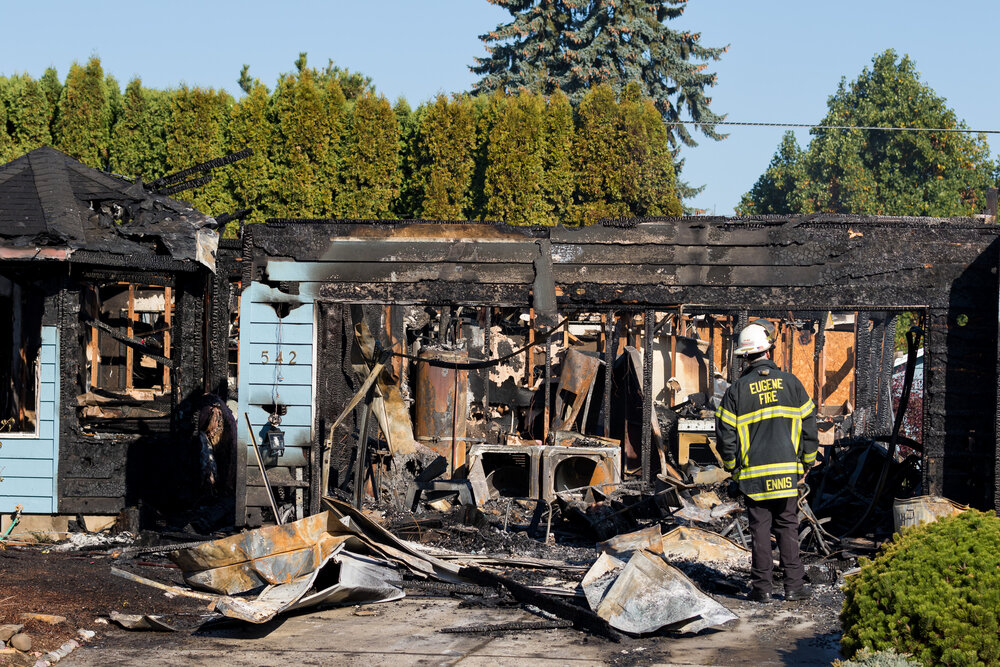Gilead Set to Soar as South African COVID-19 Strain Might Resist Vaccines
Disclaimer: This post does not constitute financial advice. Author is long Gilead . Do your own due diligence before making an investment.
In a report published today, scientists studying a new Covid-19 strain first found in South Africa say it might be the most dangerous one yet.
This is due to the E484K and K417N mutations which they believe may reduce the effectiveness of vaccine-induced antibodies. They already know that convalescent plasma doesn’t work on this new strain, but it’s the vaccines and antibody treatments that have them most worried.
The South African variant is also 50% more contagious.
These new mutations aren’t found in the UK strain, which already has some countries limiting travel access. It’s only a matter of time before South Africa gets the cold shoulder.
Thankfully we still have remdesivir.
Daniel O’Day, the CEO of Gilead told CNBC: “We fully expect remdesivir to be effective against these new strains.” He also added, “Remdesivir works at the source in the cell where the virus replicates, and what we know is in these new variants, that part of the cell is not changing at all in fact.”
O’Day also told CNBC there are more than 40 clinical trials still underway for remdesivir. The company is trying to improve its effectiveness by examining different delivery methods and dosages.
One of these trials is for inhaled (nebulized) remdesivir. This is the one most people are excited about.
Remdesivir is an antiviral. Its purpose is to stop the virus from replicating. Unfortunately, the current form of remdesivir is administered intravenously. You need to be in a hospital setting to get it. Once you’re in the hospital, it’s likely the virus has already spread quite a bit. This is why remdesivir was not found to be very useful in late-stage Covid-19 patients. It’s like throwing water on a house that’s already burned down.
Inhaled remdesivir is a different story.
Theoretically you could walk into your doctor’s office, be diagnosed with Covid-19, and use the inhaler right away. If an antiviral is administered early enough, it can prevent a virus from progressing to a more dangerous stage.
Inhaled remdesivir would be like using a fire extinguisher on a cigarette that someone just dropped in your sofa. This is a much better solution than waiting for the entire house to catch on fire.
The future of Covid-19 vaccines might be a seasonal shot with sketchy effectiveness, like the flu. But those require constant testing, modification, and trials. The future of Covid-19 treatments might be inhaled remdesivir. If the clinical trials are successful, then Gilead is in for a serious windfall. Every country will want to stockpile remdesivir to prevent further damage to their economies.
Several people have already died from Covid-19 reinfections. This means they got the virus, the antibody protection wore off, they got Covid-19 again, and this time it killed them. It’s unknown how long the antibodies might last. Some scientists believe the protection might last as little as three months.
Remdesivir sales already blew expectations out of the water. On January 11th, Gilead revised their 2020 revenue guidance upwards to the tune of 1.35 billion. This was due to higher-than-expected remdesivir sales in Q4.
Just imagine what an even superior version of remdesivir would do to those sales numbers.
Combined with their impressive oncology pipeline, Gilead might turn into the Tesla of biotech. Or at least start trading at its intrinsic value, which is north of $90.












